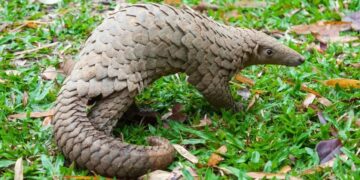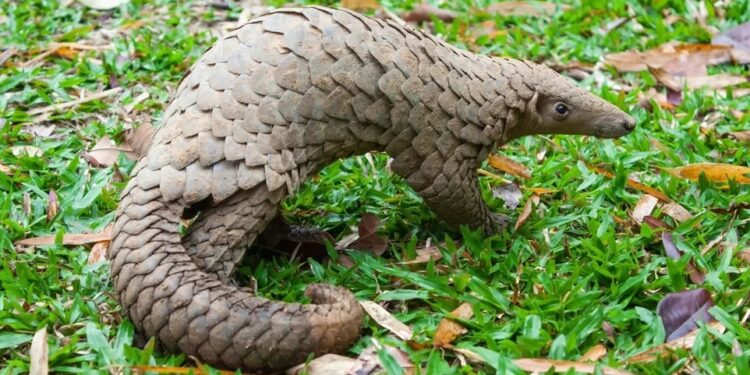By Emmanuel Nduka Obisue
Nigeria has signed a memorandum of understanding (MoU) with the Wildlife Justice Commission (WJC) to step up the fight against transnational criminal networks trafficking in wildlife, fish, and timber.
The agreement, sealed in Abuja, was signed by Innocent Barikor, director-general of the National Environmental Standards and Regulations Enforcement Agency (NESREA), and Stephen Carmody, chief of investigations at the WJC.
Barikor said the MoU would boost intelligence sharing, forensic and legal collaboration, and strengthen programmes under the Nigerian Wildlife Law Enforcement Task Force. He said: “This MoU aligns perfectly with Nigeria’s obligations under the Convention on International Trade in Endangered Species (CITES) and demonstrates our government’s determination to protect biodiversity and conserve threatened species. Together, we will make it increasingly difficult for those who profit from the destruction of our natural heritage”.
WJC’s executive director, Olivia Swaak-Goldman, said the partnership would inject “fresh vigor” into Nigeria’s wildlife enforcement efforts. She said: “By expanding our partnerships to include NESREA and the Nigerian Wildlife Law Enforcement Task Force, we can sustain and deepen this transformation — ensuring that Nigeria continues to set the benchmark for intelligence-led enforcement”.
The MoU reflects a shared resolve by both parties to dismantle transnational criminal networks, disrupt wildlife crime, and ensure organised crime is no longer driving species to extinction.
As a threat to wildlife, studies highlight Nigeria’s significant role in the trade, particularly concerning pangolin scales and ivory. Nigeria accounted for over 25% of global ivory seizures between 2015 and 2019, and in one study covering 2010-2021, Nigeria-linked seizures involved scales from at least 800,000 pangolins.




































